Water is Life: This Is How You Can Improve Its Quality

Each day it is crucial that adults consume at least half of their body weight in ounces of water. In other words, if you weigh 150 lbs, you should drink at least 75 oz of water everyday. Having clean drinking water on hand will make it easier to reach your daily requirement. These days, water […]
Fracking’s Wastewater: An Unregulated Environmental Hazard
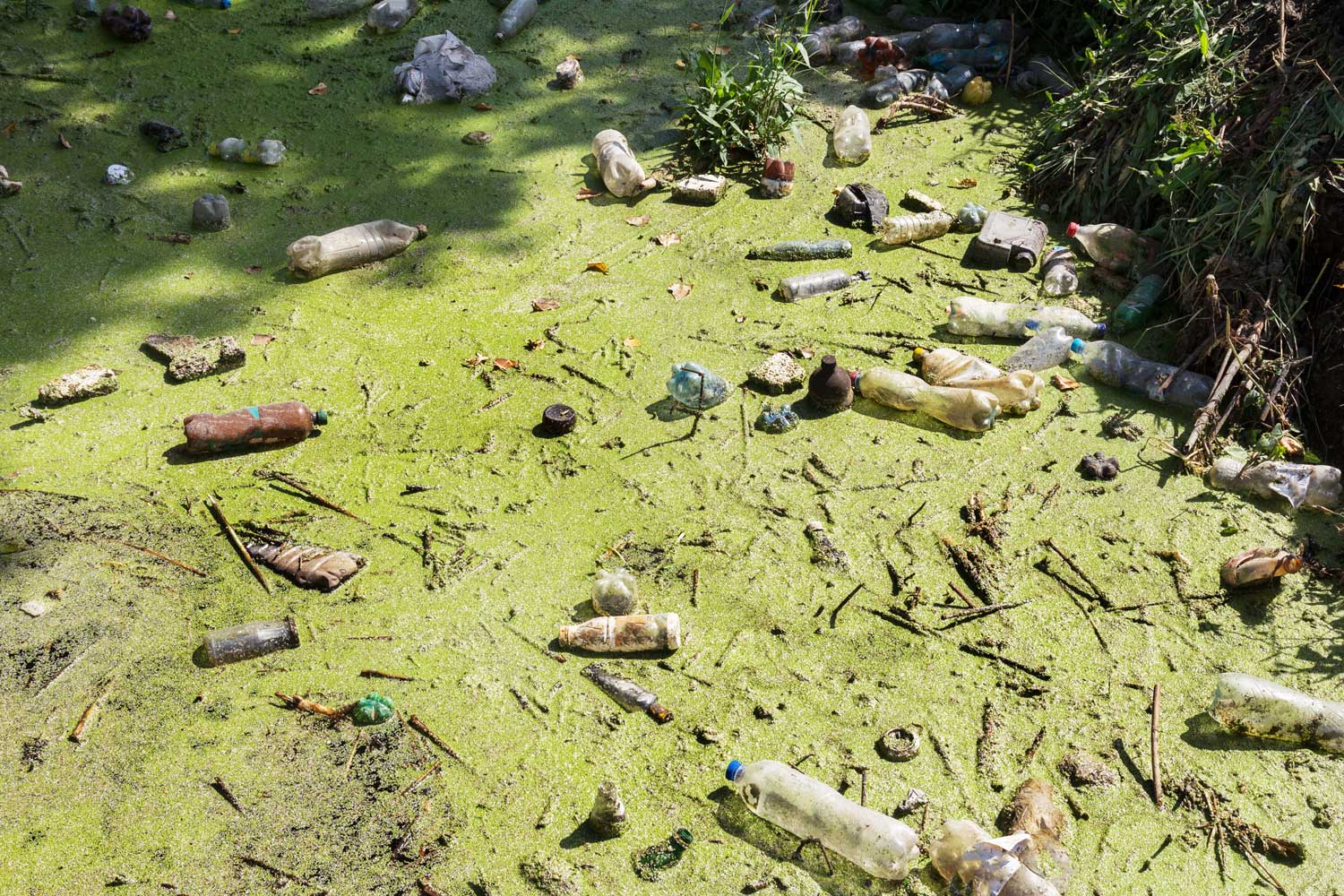
As reported by the US Energy Information Administration, natural gas production in the United States is higher than it has ever been. This is largely due to the increase of shale gas over the past decade, made possible through hydraulic fracturing (fracking). However, this process creates large amounts of wastewater called brine or produced water, […]
Water Reuse and Sustainable Operations in Appalachia
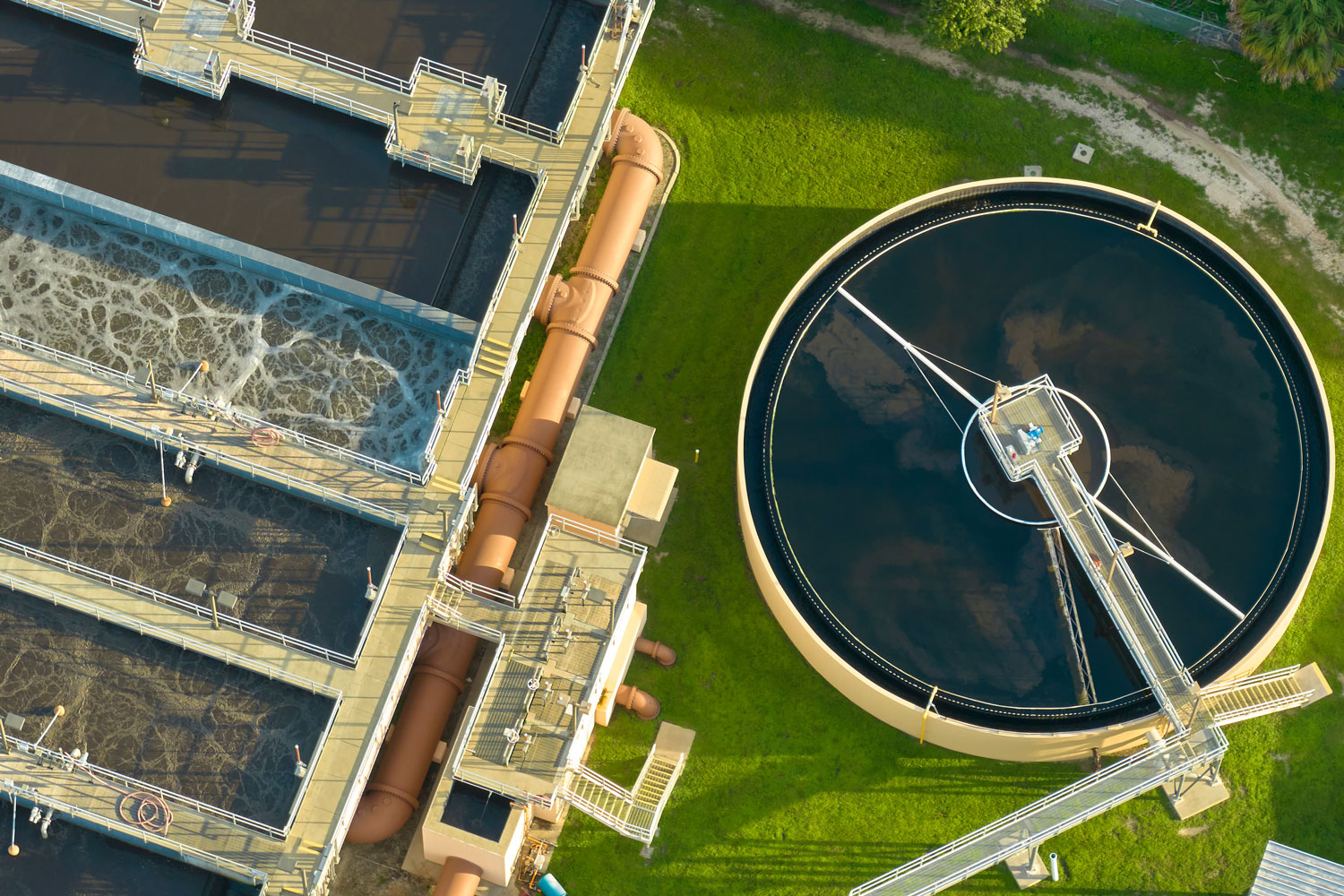
The natural gas and oil sector has long been at the forefront of innovative production methods. Consider, for example, how combining horizontal drilling and hydraulic fracturing techniques made the United States the world’s top natural gas and oil producer. Freshwater recycling and reuse efforts not only preserve water, but also decrease vehicle use, benefiting the […]
Water Reuse: A Historical Practice Paving the Way for a Sustainable Future
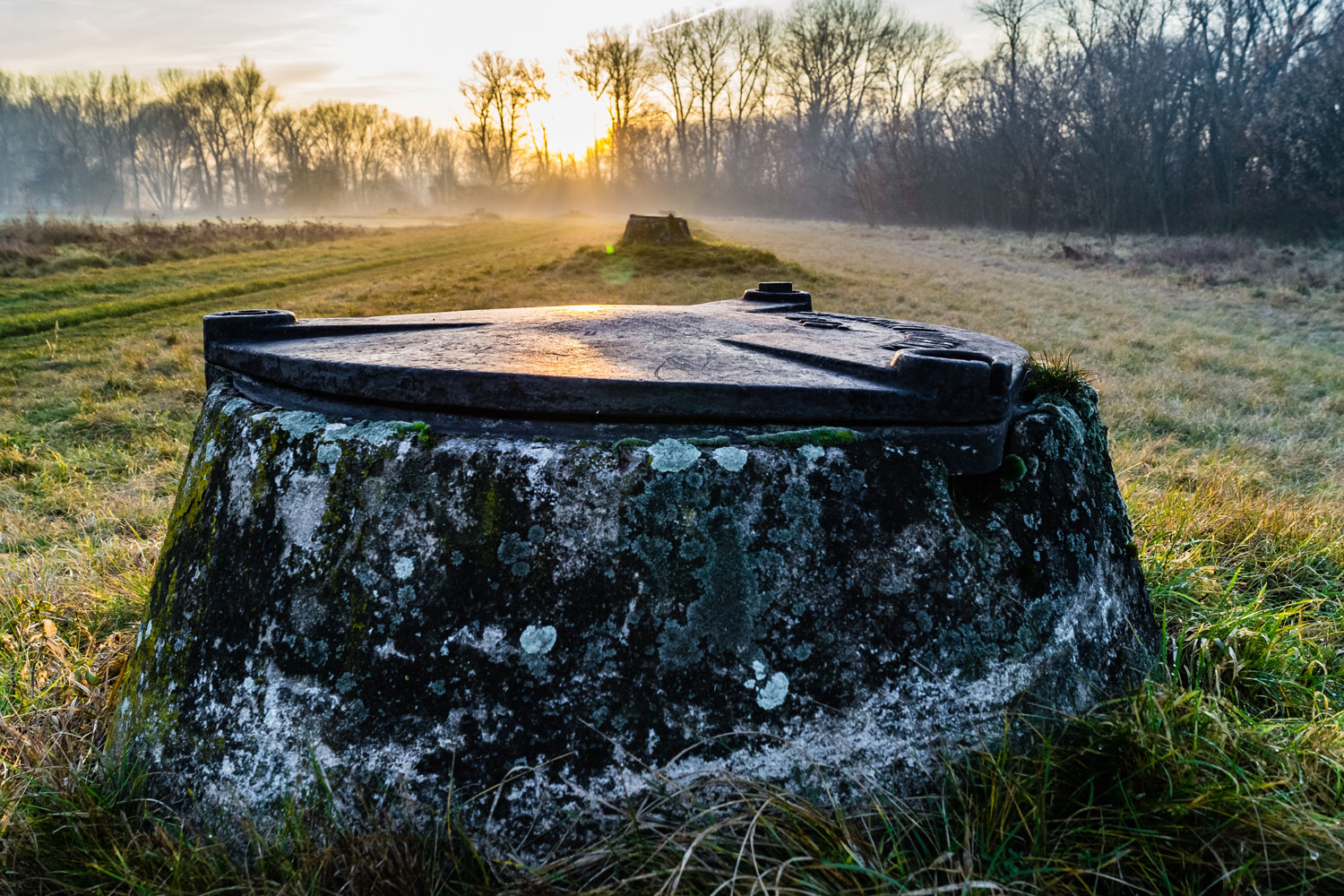
Many cultures, since the early Bronze Age, have found ways to use or dispose of domestic wastewater for purposes such as irrigation and fish farming – China, Egypt, and Mesopotamia, are just some examples. During historical times (ca. 1000 BC−330 AD), both Greek and later Roman empires utilized wastewater in this way surrounding larger cities […]
The Realities About Fracking and Its Environmental Impact

Although hydraulic fracturing (fracking), is benefiting oil and gas drilling across the country, it can be dangerous to both people and wildlife if not done correctly. Fracking involves breaking up shale rock formations deep underground that contains natural resources like gas and oil. To do this, drillers must first create small explosions before pumping a […]
How Coal Mining Continues to Endanger Our Limited Water Supply

Mining can have devastating consequences for water supplies, typically resulting in rivers, lakes, and aquifers being contaminated with pollutants such as heavy metals and acidic water. This is commonly known as acid mine drainage, which occurs when exposure to air and water oxidizes certain substances (usually iron sulfide or fool’s gold). If left unchecked, the […]
The Relationship Between the Energy Industry and Water

Energy producers around the world are feeling the consequences when water risks arise. In 2011, a massive flood in Australia reduced its coal export volume, pushing worldwide coal prices up. Corn crops in the United States Midwest were devastated by drought in 2012, contributing to higher gasoline prices. According to BP, global energy consumption will […]
How Your Daily Actions Can Improve the Water Quality of Your Community
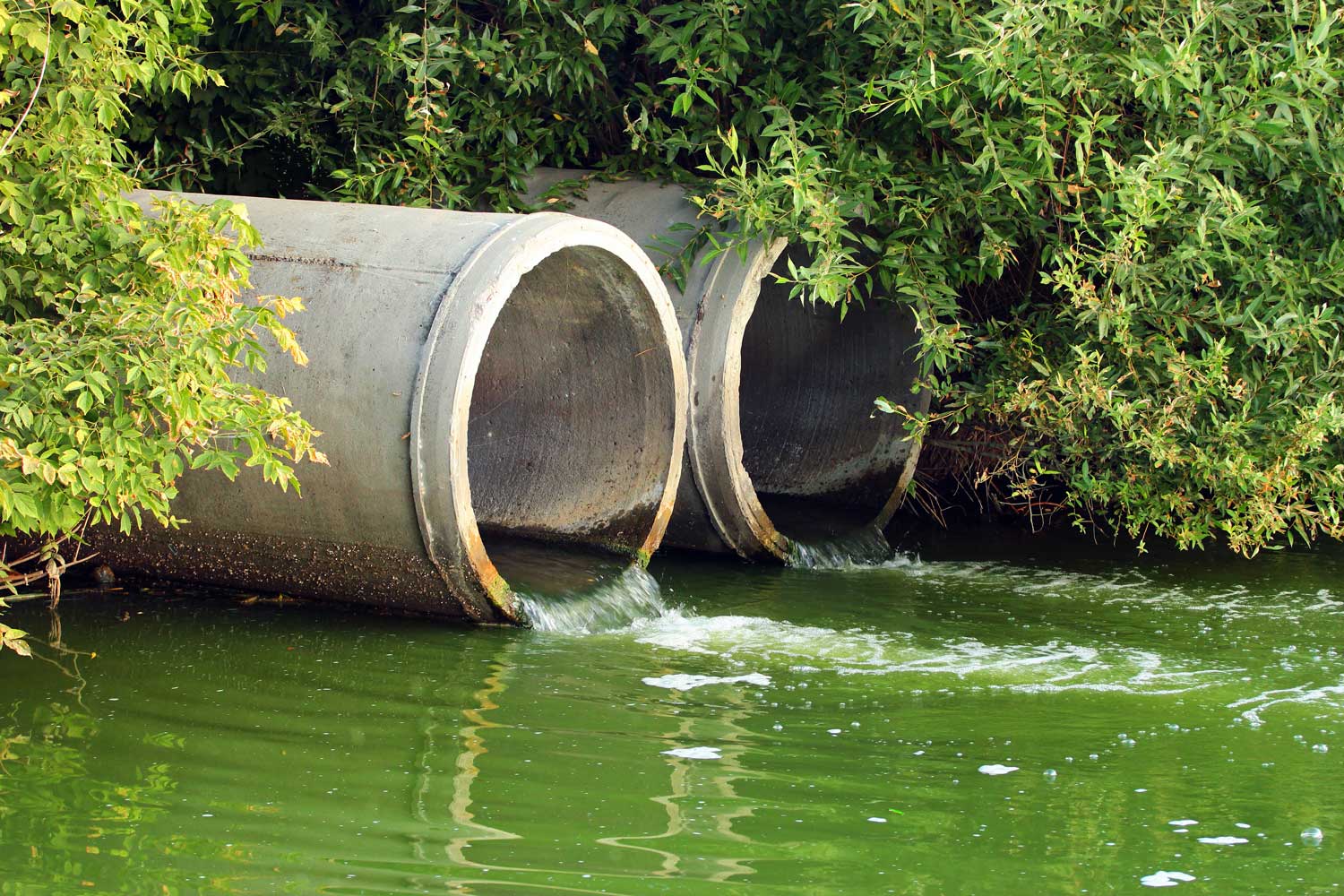
Simple changes in our daily routine can have a huge impact on water quality. For example, not mowing near streams and ponds or using fewer pesticides and fertilizer protects local water sources. Mowing grass and shrubs around waterways removes their barrier against erosion and pollutants, while the chemicals from pesticides and fertilizers can run off […]
The EPA: Making the Difference in Water Conservation
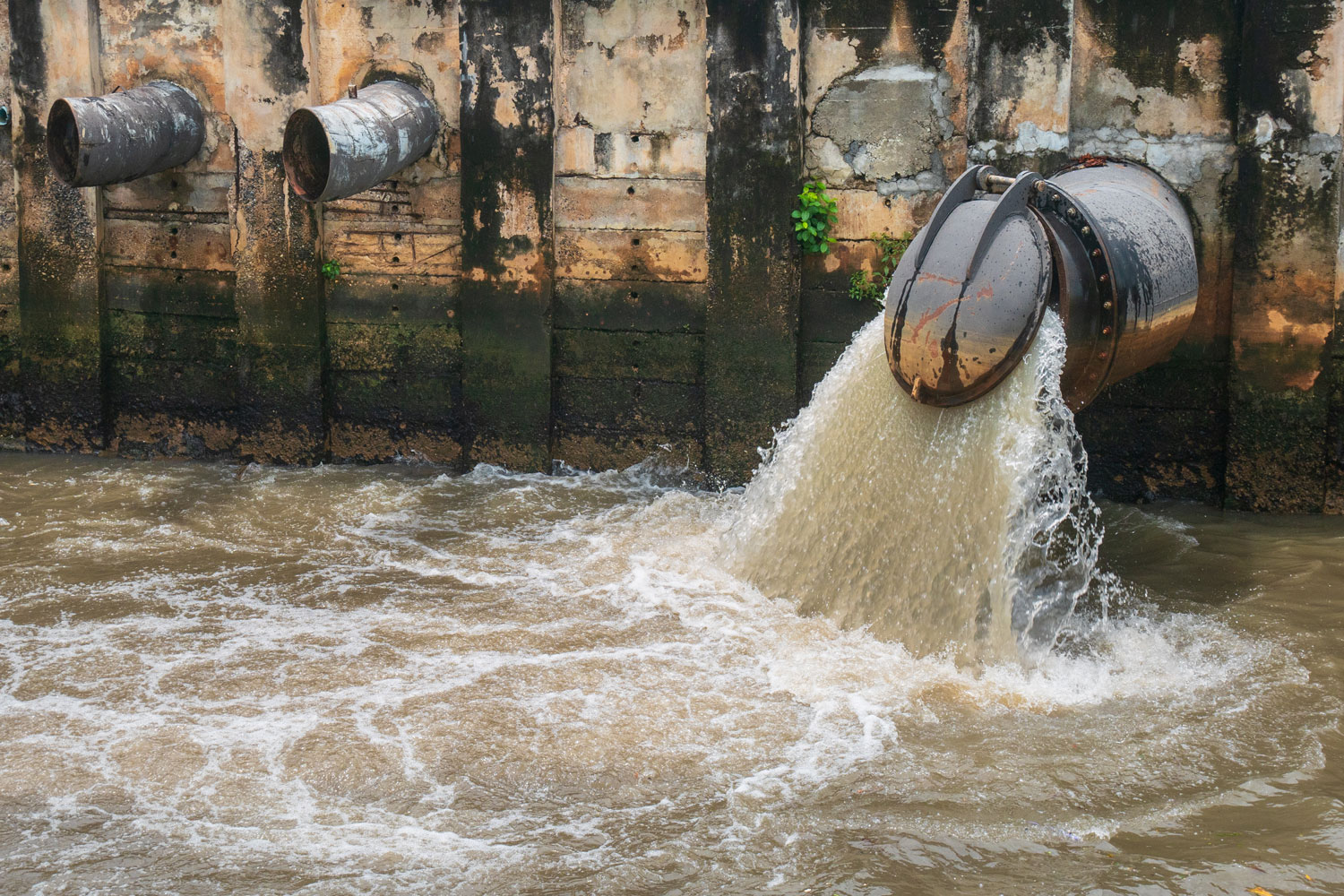
The number of people in the U.S. has doubled over the past half-century, and our water consumption has grown even more. At least 40 states are expected to have shortages by 2024, so it’s essential that we conserve water now. The EPA works hard to use water management best practices at all its buildings across […]
Recycling Water for Sustainability and Resilience
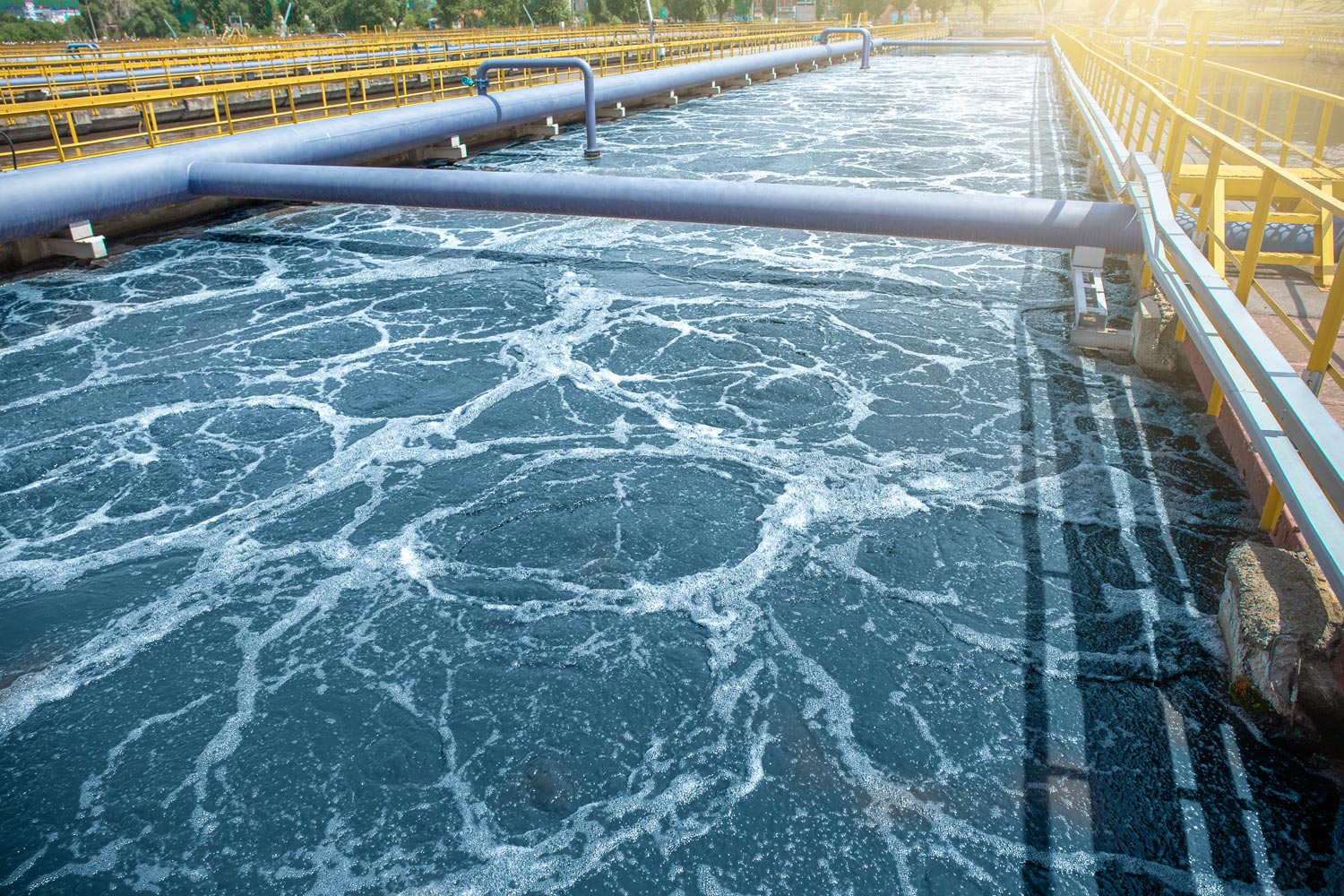
Water reuse, also known as water recycling or water reclamation, is the practice of reclaiming and treating wastewater from a variety of sources before reusing it for beneficial purposes such as agriculture and irrigation, potable water supplies, groundwater replenishment, industrial processes, and environmental restoration. Water reuse can help to reduce reliance on natural resources while […]
